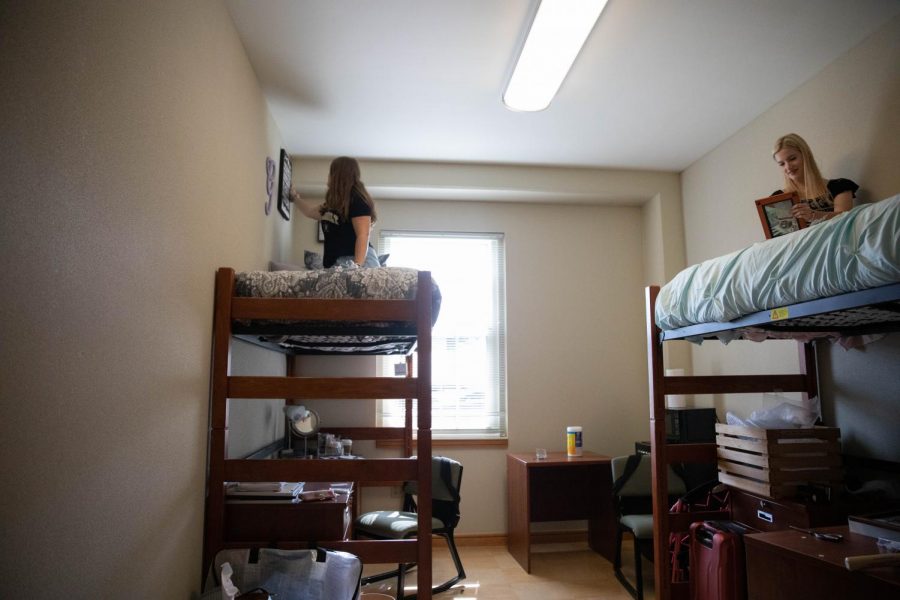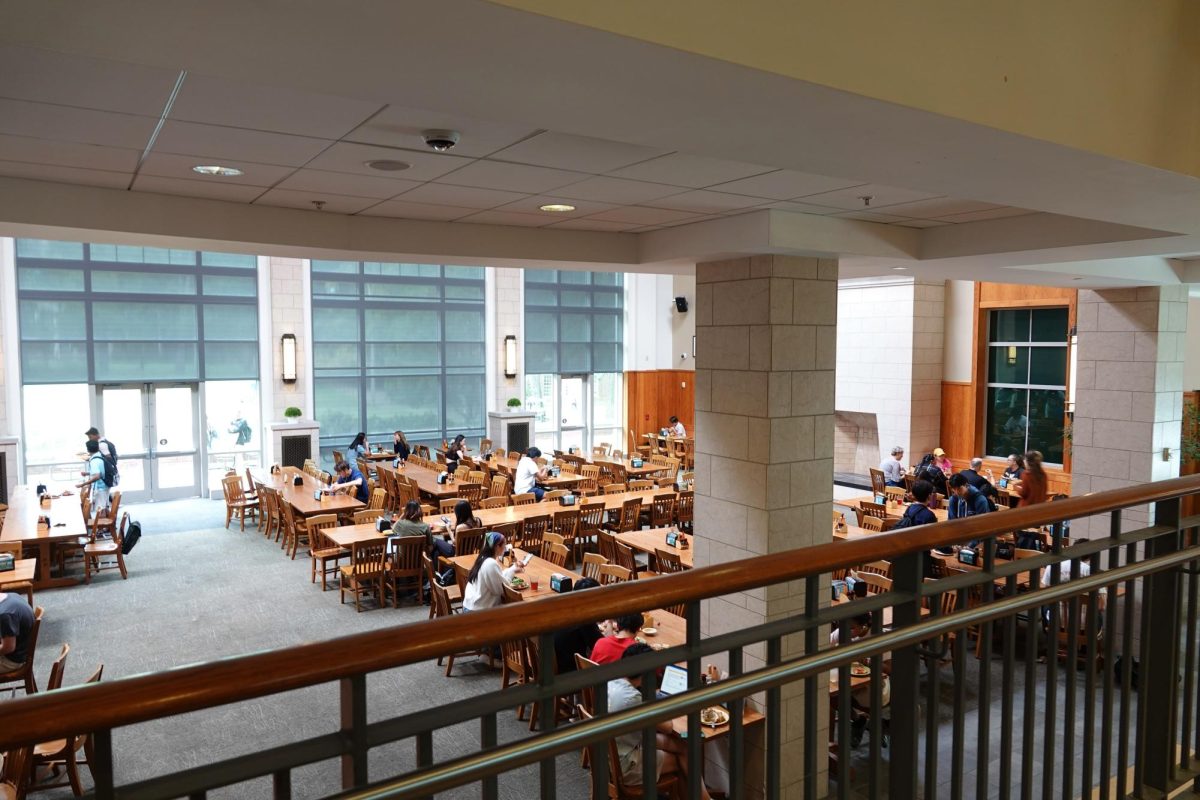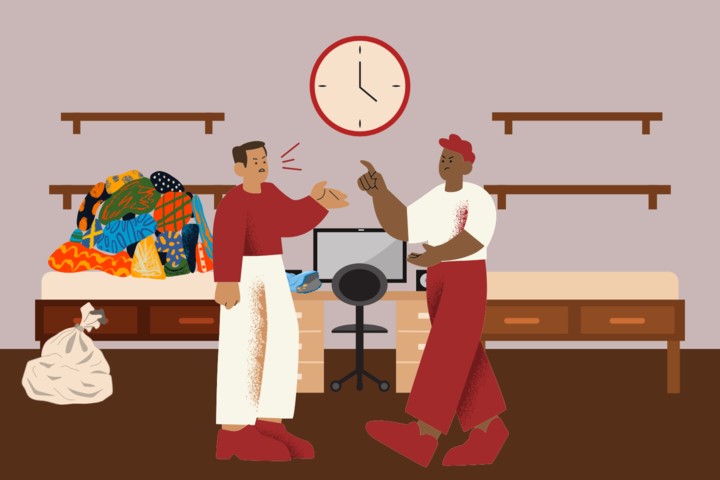Vanderbilt is changing its first year housing selection process for the class of 2024, opting to rely entirely on the university matching system and removing the option for students to request first-year roommates.
The change, Director of Housing Assignments Allison Matarese told the Hustler in an email, is intended to align the residential experience with Vanderbilt’s institutional goals.
“We believe an assignment system that facilitates diverse roommate pairings, rather than one in which students select their own roommates based on existing friend groups, will have important educational benefits and is consistent with the university’s commitment to fostering an inclusive campus community,” Matarese wrote.
In previous years, students have had the option to either mutually select their roommates or choose to be matched by the university. Students matched by the university – often called “random” pairings– fill out a short survey about their preferred noise level, sleep schedule and study habits and are matched with a compatible roommate. Other students have opted to request their roommates, choosing someone they may already know or finding someone in a class Facebook group. In the Facebook group made for the class of rising first-years, incoming students often post information about themselves and their habits or look through others’ posts in order to find someone they fit with.
Matarese told The Hustler that over the past five years, an average 54 percent of students requested roommates.
Kelsey Recinas, a current first-year, was one such student. She said that after hearing from upperclassmen friends who had bad random roommate experiences, she decided to select her roommate. They matched on roomsurf, a roommate pairing website, and their answers on a spreadsheet of questions posted in the Class of 2023 Facebook group also corresponded, Recinas said. Her current roommate reached out to her through an Instagram direct message, and the rest was history.
“I know myself, so I know that I am very outgoing. As someone who is outgoing, I generally need someone who can match my energy. I felt like everyone else who was outgoing was going to find a roommate on their own so I decided to do so also,” Recinas said. “I really love my roommate Nicole. We are different personality-wise, but our oddness matches up.”
Senior Deniz Gungor said that she and a friend from high school requested each other as first-year roommates, but through a housing error ended up being separated into university-matched triples. While she said she tried to make the best of things, there was some tension between her and the other roommates, who became best friends.
Nonetheless, she said she tried to think of her university-match experience as a positive because she was forced to branch out and learn to be a good roommate. Still, she would prefer students have choice.
“It’s all about luck and what you make of it,” Gungor said. “I know some people who become great friends with randomly assigned roommates but also people who’ve had pretty unpleasant experiences such as myself and worse. I think people should still have the choice though.”
Under the new, fully university-matched system, all incoming first-year students will fill out a lifestyle survey, which is being expanded from the short, three-question profile of the past, Matarese said. Transfer students will not be impacted by this change, and will still be permitted to choose their roommate.
Based on research done by the Office of Housing Assignments, university-matched first-year roommate pairings don’t request roommate changes at a higher rate than student-selected roommate pairings, which is a critical indicator of roommate satisfaction, according to Matarese. Therefore, university-matched roommate pairings are about as successful as student-matched roommate pairings, even with the three-question survey currently used by the university to match students.
“The goal of the enhanced matching process is to produce successful roommate pairings for all first-year students,” Matarese wrote.
Judy Li, a junior, chose her first-year roommate, who became one of her closest friends. Though the choice worked out well for her, she said she has friends who had both positive and negative experiences with chosen and random roommates. Ultimately, she said, there are many more factors in what makes roommates work than can be determined by Facebook bios or short surveys alone.
“It might be tempting to room with someone who likes the same activities you do, eats the same food as you do, looks most like you. But staying within this zone of comfort makes us more likely to miss out on a special element of the college experience: meeting other people from different walks of life, of different cultures, interests, ambitions, and stories,” Li said. “A random selection process will encourage students to meet peers who they otherwise may have never met and build relationships they otherwise may have never had the chance to build.”









